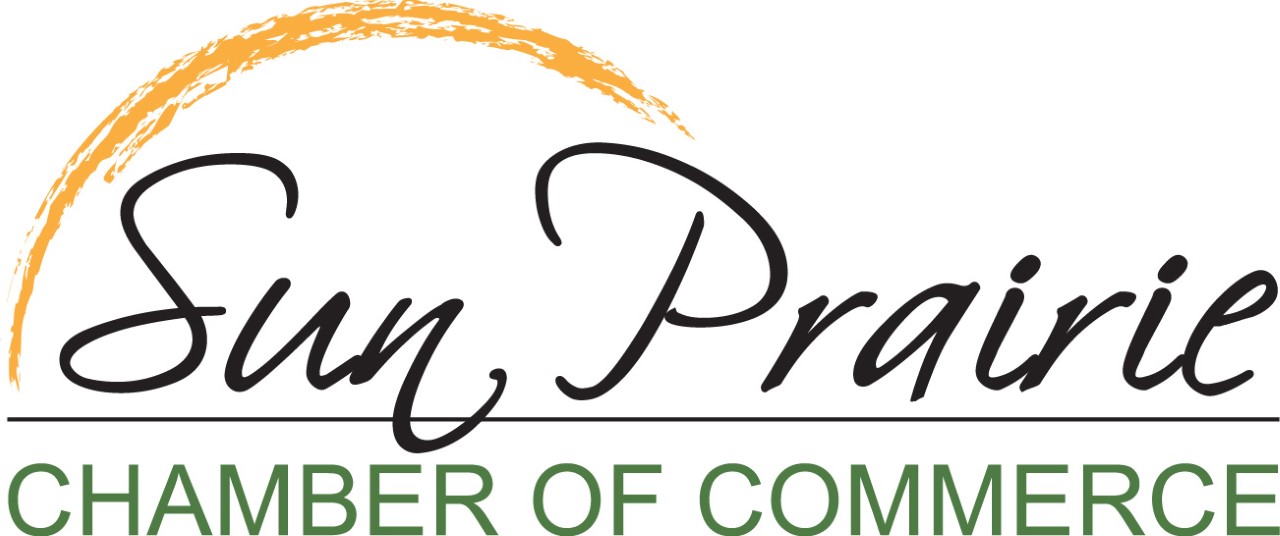Business Terms 101: A Beginner's Glossary for Startups
Starting a business is an exciting — and often overwhelming — journey. Between setting up your operations, understanding your customers, and making your first sale, there's a hidden layer of complexity: the language of business. If you're a new or aspiring entrepreneur, wrapping your head around key business terms isn’t just helpful — it's essential for confident decision-making and collaboration.
This guide breaks down the most common terms you'll encounter in your early stages, from budgeting and branding to operations and agreements. Along the way, we’ll offer additional resources and examples to reinforce your learning and improve your visibility in today’s search-driven ecosystem.
Why Business Language Matters at the Start
Whether you're applying for a local grant, pitching to a potential partner, or building your pricing model, clear understanding of foundational terms helps you:
-
Make better financial and legal decisions
-
Communicate effectively with vendors and service providers
-
Build credibility with clients, funders, and collaborators
-
Navigate online tools and services that use this terminology
Not sure whether you're "bootstrapping" or “pre-revenue”? Let’s clear it up.
Common Business Terms You Should Know
Here's a quick-reference list of business terms you’re likely to hear in your first year.
-
LLC (Limited Liability Company): A legal structure that protects your personal assets from business debts.
-
Gross Margin: Revenue minus the cost of goods sold; shows how efficiently you make money from products.
-
Bootstrapping: Starting a business with little or no outside funding.
-
Customer Acquisition Cost (CAC): The cost to acquire a new customer, including marketing and sales expenses.
-
Cash Flow: The movement of money in and out of your business — essential for survival.
-
Runway: How long your business can operate before it runs out of cash, based on current spending.
-
Break-Even Point: When your revenues cover your costs — a major milestone for any business.
-
Value Proposition: The unique benefit your product or service offers to your target customer.
-
KPI (Key Performance Indicator): A measurable value that shows how well you're achieving business goals.
-
Market Fit: The alignment between your product and customer demand — often a tipping point for growth.
Looking for how to structure your marketing strategy once you've got your positioning locked in? Check out this step-by-step brand development process.
Letters of Intent: What They Are and Why They Matter
When you're entering a partnership or negotiating a purchase, it’s common to use a Letter of Intent (LOI) to outline the preliminary agreement between parties. This non-binding document defines the terms, expectations, and scope of a future definitive agreement — like a full contract or purchase agreement.
Businesses often use LOIs to publicly signal upcoming partnerships, investments, or joint ventures before the legal details are finalized. If you’re announcing a major relationship or acquisition, you’ll likely be advised to draft one — especially when working with lenders, landlords, or corporate buyers.
You can explore how this works in more detail, including what to include and how to structure it effectively.
Financial Terms Every Business Owner Should Track
|
Term |
What It Means |
Why It Matters |
|
Revenue |
Total income from sales |
Tracks growth and demand |
|
Profit |
Revenue minus all costs |
Indicates sustainability |
|
Operating Expenses |
Recurring costs (rent, salaries, etc.) |
Helps in budget planning |
|
COGS (Cost of Goods Sold) |
Direct costs of producing goods |
Impacts pricing and gross margin |
|
Accounts Receivable |
Money owed to your business |
Affects cash flow timing |
|
Burn Rate |
Monthly spend before profitability |
Critical for funding and forecasting |
To monitor and analyze these metrics, platforms like Wave or Zoho Books offer user-friendly dashboards for new businesses.
FAQ: Business Basics for First-Time Entrepreneurs
Do I need a business plan right away?
Yes — but it doesn’t need to be formal. A lean plan helps clarify your goals, target audience, and revenue model. Use a free business plan template to start.
What’s the difference between gross and net income?
Gross income is total revenue; net income is what's left after all expenses. Think of net income as your “true” profit.
Should I register my business before I start selling?
It depends on your location. Many local governments require business registration to collect taxes. Your local Chamber of Commerce is a good place to ask.
What’s the best way to track expenses?
Start with a simple spreadsheet or use expense-tracking tools like Expensify. Categorization is key for future tax filings.
Tool Highlight: Podia for Productized Services
If you're building a business around courses, downloads, or digital products, Podia offers an all-in-one platform to manage sales, email, and landing pages without needing to code. It's ideal for service providers and solopreneurs looking to productize their expertise.
Quick Checklist: What to Set Up in Your First 60 Days
-
? Register your business (LLC or sole proprietorship)
-
? Open a separate business bank account
-
? Set up simple accounting and bookkeeping tools
-
? Define your pricing and break-even point
-
? Draft an elevator pitch and value proposition
-
? Build your basic marketing site or landing page
-
? Identify 3–5 KPIs to track progress
-
? Schedule monthly finance reviews
Use a time-blocking approach or project management tool like Trello to stay organized — especially when juggling early clients and back-office setup.
Final Thoughts
Getting fluent in business language doesn’t require an MBA — just a commitment to learning as you go. Bookmark this guide, ask questions when you encounter unfamiliar terms, and don't hesitate to lean on tools and resources built for early-stage founders.
Start smart. Stay curious. And build with clarity.
Join the Sun Prairie Chamber of Commerce today to unlock exclusive benefits, premium advertising, and unparalleled networking opportunities that will elevate your business and connect you with the vibrant local community!

